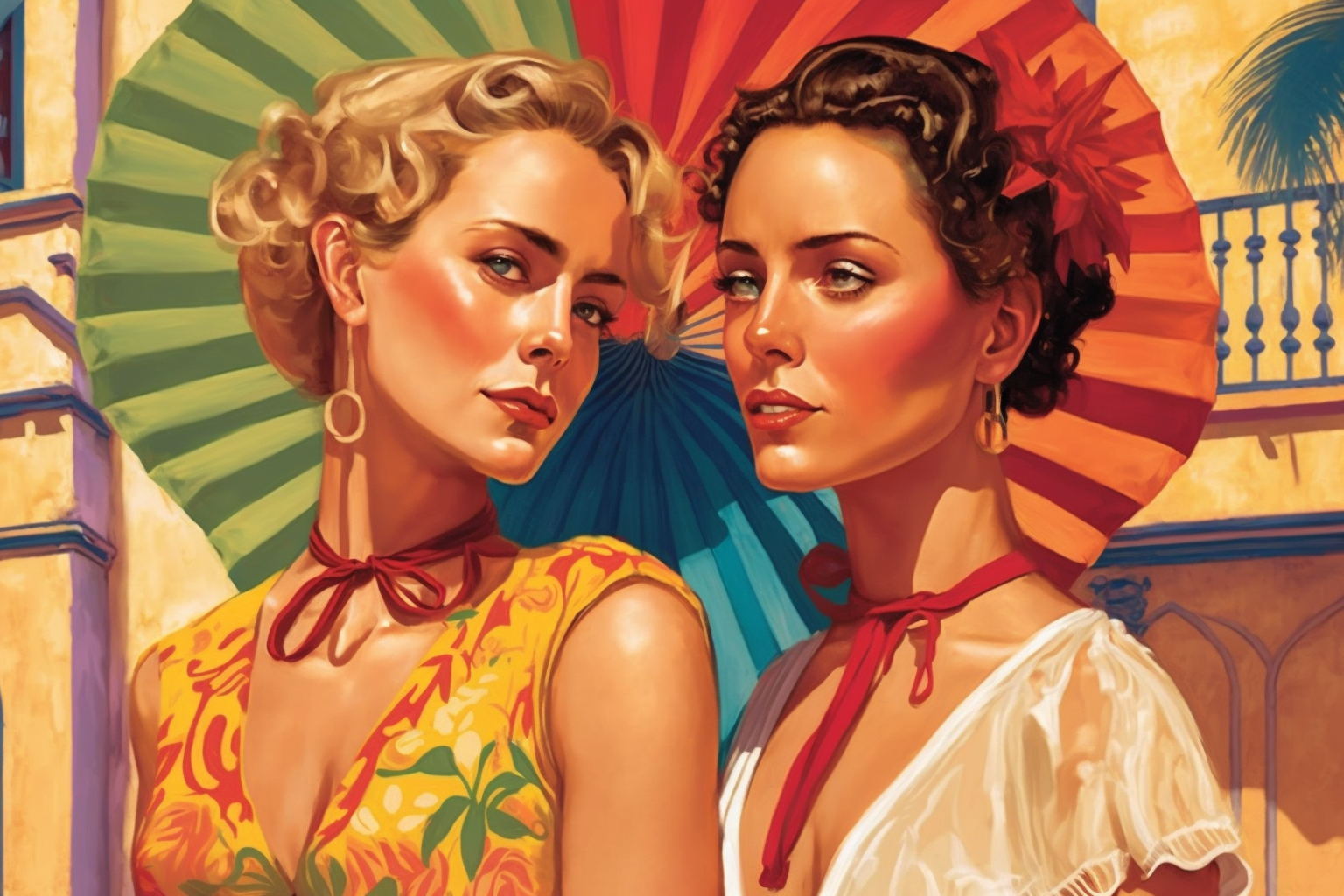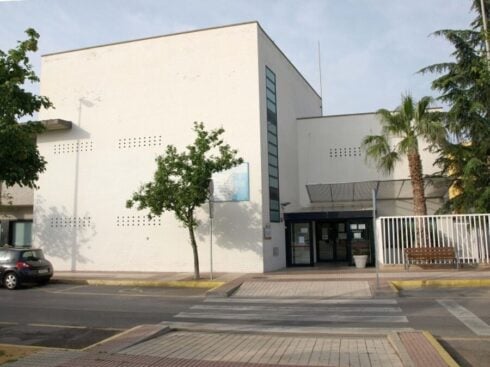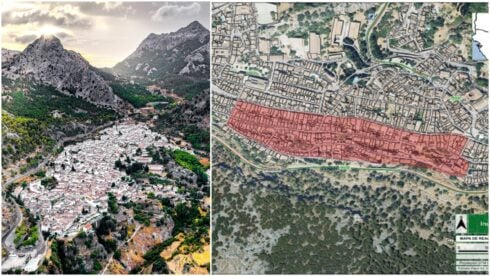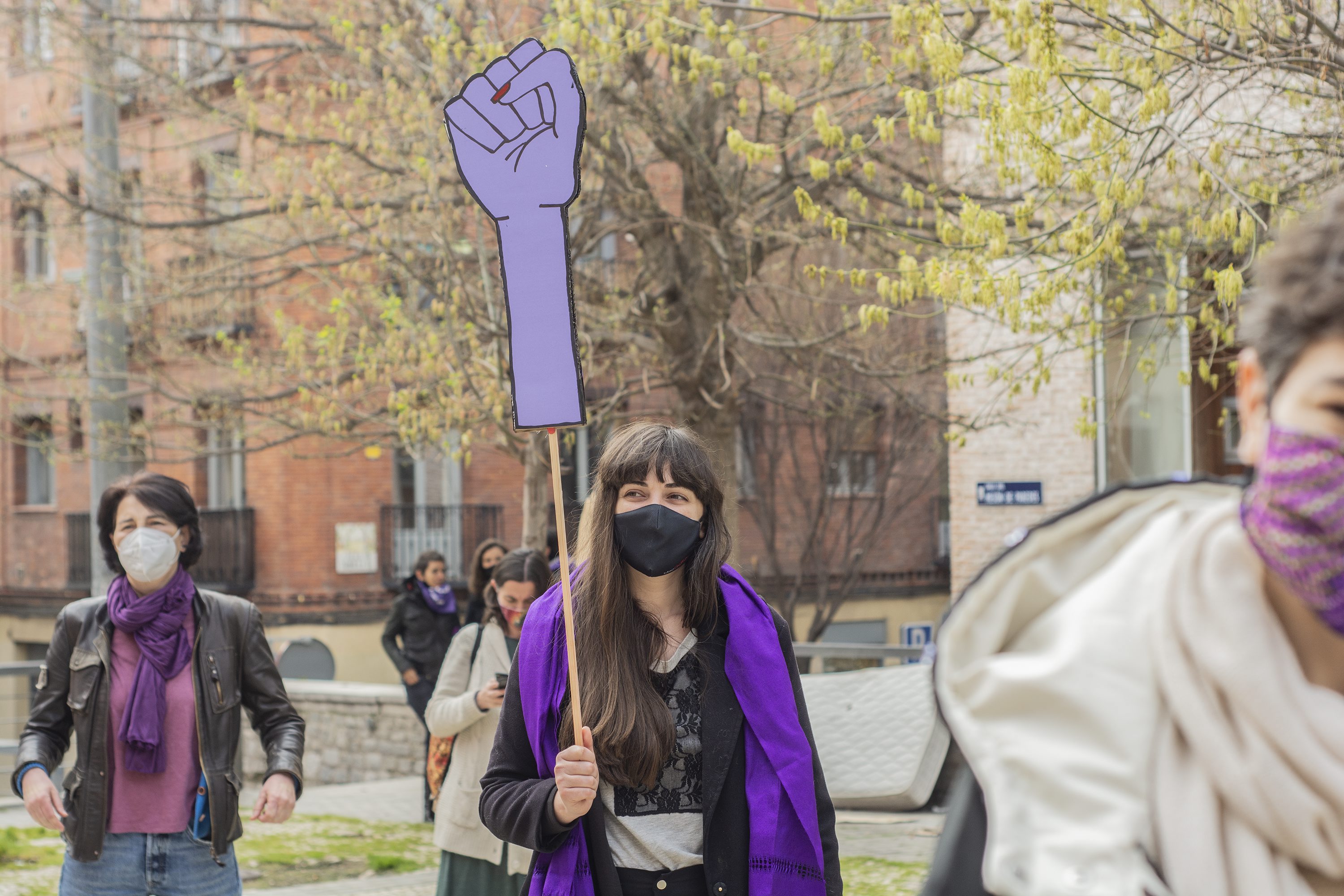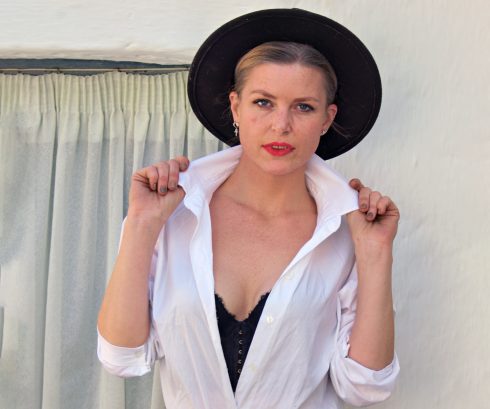DESPITE being known for a machista culture that is deeply rooted in the patriarchal legacy of the Franco era, Spain is considered one of the most liberal countries for the LGBT community, including women of all sexual orientations.
Before Franco gained power, Spain was liberal towards its LGBT citizens. However, from 1936 until the late 70s, women had most of their rights removed. Same-sex relations were made illegal, with the infamous execution of poet Frederico Garcia Lorca in 1936. Attitudes thankfully started modernising after Franco’s death in 1975.
Spain now has famous and influential lesbian women in every field, from politics to football. But how tolerant is society really, bearing in mind that ‘straight’ (formally called cisgendered) women still experience sexist attitudes?
It is telling that political party, Vox, would like to turn back the clock, with outmoded ideas. Worryingly, the party has gained some traction since 2019, when it refused to sign a declaration condemning violence against women.
And, with cities generally leading the way in modernisation, do attitudes vary between urban and rural areas?
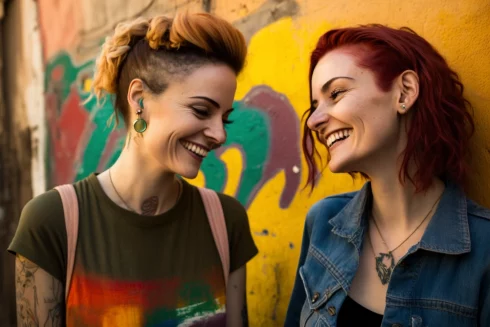
Rights and discrimination
Nationwide, Spain supports its LGBT population with a raft of solid legal rights. After Franco’s death, same-sex relations were relegalised in 1979. Cohabitation and registered partnerships were recognised in 1994 and 1997, followed by same sex marriages and adoption rights in 2005. This month, “conversion therapy”, used to coerce women and men against same-sex activity, was banned.
Transgender people can change their legal gender without reassignment surgery, discrimination over sexual orientation was outlawed in 1995, and then strengthened in 2022 to include gender identity, and LGBT people can join the military.
However, although Spain ranks highly for acceptance of diverse sexualities, it’s not a perfect picture. CIS women are frequently confronted with comments such as “you should be at home with the mop and not drinking in the bar” – from men and even some other women. What about discrimination towards women in in same-sex relationships?
The 2019 EU LGBT survey found that 42% of lesbian and 38% of bisexual women in Spain had experienced discrimination during the previous 12 months in at least eight areas of their lives, while 30% had experienced it in a nightclub, café, bar or restaurant, and 20% in a work situation.
In Spain, 35% of lesbians said they were “very open” about their sexuality (compared to 44% in the UK) and 30% were “fairly open” (29% in UK). However, only 14% of bi women were “very open” (11% in the UK). A low number (5%) of lesbians had been attacked because of their sexual orientation. However, harassment was experienced by 44%, compared to 51% in the UK.
Lesbian life in rural Spain
Madrid and Barcelona have thriving LGBT scenes, as do Malaga and Valencia. Madrid has several lesbian barrios and is a popular destination for liberal pursuits and culture.
However, one advice website, Spain Expat, warns that acceptance of “out” behaviour, such as kissing and holding hands in public, might be weaker in rural areas. Some villages, it suggests, can be more conservative.
Is this really the case, when even Pope Francis – head of the Catholic Church – voiced his approval of same-sex marriages and equal rights in 2019? Surely, this is leading ‘from the top down’, as the Catholic religion predominates in Spain.
The reporter lives in the rural Alpujarra. There isn’t much of a LGBT scene, outside the bigger cities, such as Granada and Malaga. “There’s nothing,” said one lesbian women from a rural village. “Even if you go into Granada, it is largely mixed bars, with male and female clients.”
As well as a lack of networking resources, there can reportedly be cultural challenges when same-sex relationships span different nationalities and cultures.
A British proprietor of a fashion business is dating a female Spanish partner that she met through friends. She says: “As with any relationship across two cultures, there are some challenges to overcome. Such as different cultural expectations, language barriers, and even how you relate to your partner’s extended family, with more than one generation typically living in the same house. There’s a need for empathy and tolerance from both sides and sometimes we have to make compromises.”
Gemma Middleton, a British woman identifying as a lesbian who lives in Gandia, says: “I’ve only dated three Spanish women and I found them quite intense. After just a few months, one bought me a ring and proposed. I tend to date English or other European women these days.”
Reaction from men
Gemma reveals that, while Spanish women have readily accepted her sexuality, some men have reacted oddly.
She explains: “I’ve never experienced any negative reactions from Spanish women in 13 years, but a few friends feel uncomfortable about what to call my dates. They don’t say ‘is your partner/girlfriend joining us’ – it’s ‘is your friend’ joining us’.”
“As for Spanish men, I’ve never experienced direct abuse regarding my sexuality, but I’ve endured disrespect. For example, I was dating a woman 20 years older than me. This age gap between a heterosexual couple probably wouldn’t raise eyebrows, but it wasn’t so in our case. We were both comfortable walking hand in hand, and showing affection, but some men would openly stare.”
“On many occasions, men would chat me up in front of my girlfriend, even though it was obvious we were a couple. Once, outside a bar, we shared a kiss. Within seconds, a random man approached and literally tried to join in! You can imagine what response he received.”
It seems that, for all women in Spain, regardless of their sexual orientation, there is still a way to go before society is fully diverse and accepting.
Famous lesbians in Spain
Journalist Sandra Barneda
Sandra was one of the first Spanish media figures to normalise same-sex love. She came out in 2014, live on television. She said: “Enough of the closets, I am proud of who I am.”

Actress Inma Cuesta
Actress Inma was one of the first in Spain to come out with her sexual orientation. She had enough of saying “she is my friend” and “life behind closed doors”. She lives with her girlfriend and daughter.

Singer Vanesa Martin
The Spanish singer guarded her private life for years, but eventually published a “coming out” letter on social networks.
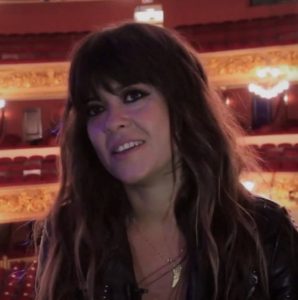
Politician Marta Higueras
Marta was the first deputy mayor of Madrid and is one of capital’s most influential politicians, as well as being spokesman for the Mixed Group and campaigning for equal rights.
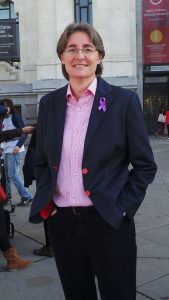
Footballer Vicky Losada
Vicky Losada was captain of the Barcelona Football Club for many years, and eventually came out as a lesbian.

PART OF HISTORY: The lesbians who married in 1901
A lesbian couple married in Spain’s Catholic Church in 1901. Marcela Garcia Ibeas and Elisa Sànchez Loriga (“Mario”) met in A Coruña when they were training to be schoolteachers.
Marcela was packed off to Madrid by her mother, after the family became concerned about a possible scandal. However, the women were assigned to schools near each other, and started meeting again.
They planned to marry through subterfuge. Firstly, they pretended that Marcela had become pregnant with an unidentified man, and so she would marry Elisa’s cousin, Mario. They said he had been brought up in London by atheists but had links to A Coruña.
On the wedding day, Elisa cut her hair short and wore a suit, fooling everyone concerned that she was a groom. S/he was baptised as Mario before the short ceremony.
You can watch this tale adapted as ‘Elisa & Marcela’ on Netflix.
READ MORE
- How Spain became a pioneer in women’s rights but still has a long way to go
- Freya’s style tips – diversity for all
Click here to read more News from The Olive Press.

